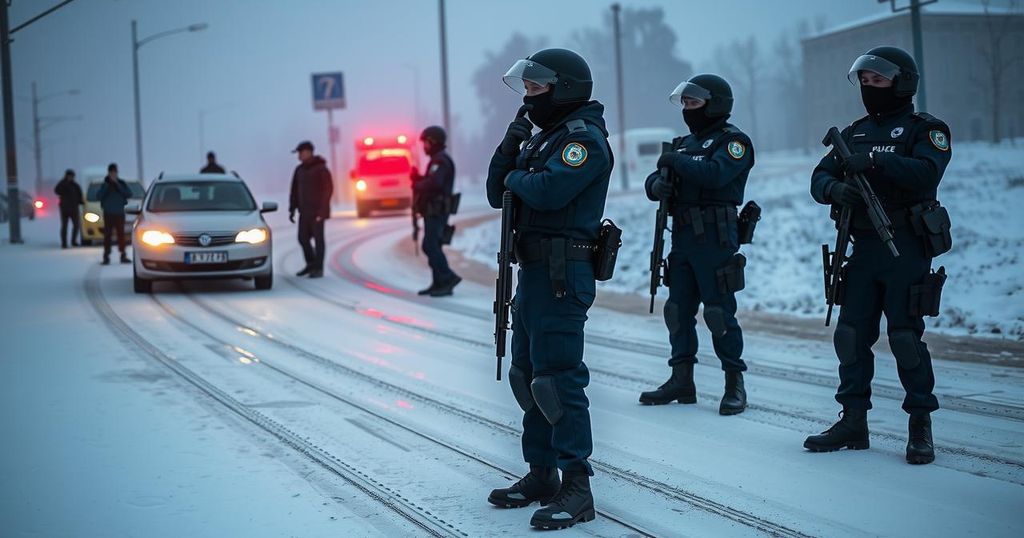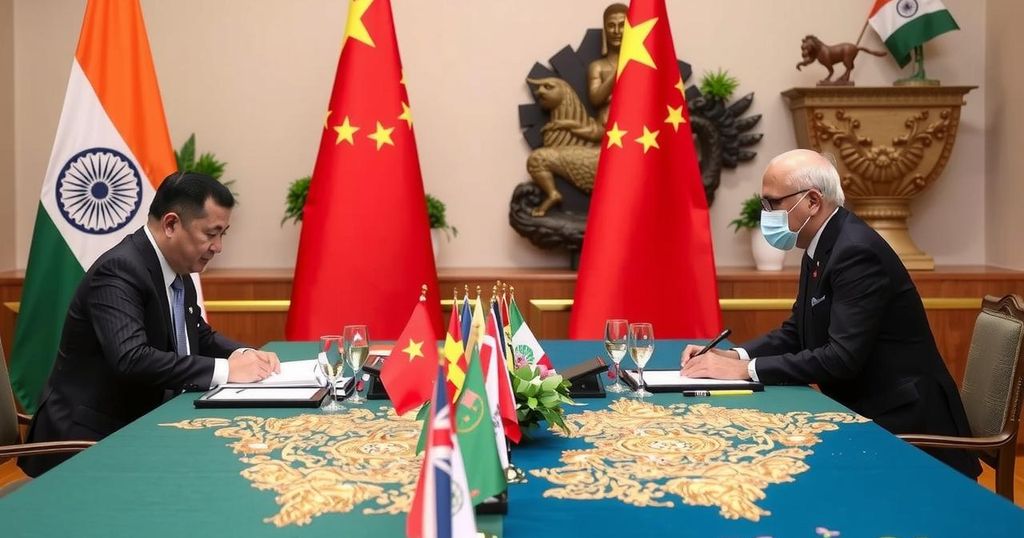Uzbekistan and Kyrgyzstan Appoint Police Representatives in Russia: Implications and Concerns
Uzbekistan and Kyrgyzstan have appointed police representatives to their embassies in Russia to protect citizens’ rights and address crime. This initiative follows Kyrgyzstan’s move in October and highlights concerns about foreign influence and sovereignty in domestic law enforcement matters. Critics question the effectiveness and legitimacy of these roles, emphasizing the potential redundancy in assistance typically provided by embassies.
Uzbekistan and Kyrgyzstan have recently taken steps to bolster the protection of their citizens residing in Russia by appointing police representatives to their embassies. The Uzbek government introduced a new designated position for a first secretary representing the Ministry of Internal Affairs in Russia to enhance the safeguarding of citizens’ rights and facilitate collaboration with Russian law enforcement against organized crime and related issues. The decision, signed by President Shavkat Mirziyoyev, reflects a growing trend among Central Asian nations to establish an increased police presence abroad, following Kyrgyzstan’s similar action that commenced in October of the preceding year.
Despite these initiatives, the rationale behind deploying such representatives raises significant questions regarding their actual roles and capabilities. Reports suggest that these representatives lack law enforcement powers and are limited to assisting citizens with resettlement issues, tasks typically managed by embassies. Critics argue this redundancy may indicate a deeper concern whereby foreign representatives are perceived to be undermining Russia’s sovereignty in its own law enforcement matters, a concern compounded by historical and geopolitical tensions.
The presence of foreign police personnel in Russia also hints at broader implications for social relations and national security. While Central Asian governments aim to enhance their diaspora management, the Russian public and authorities may question the legitimacy of foreign influence in domestic affairs. These developments provoke a broader dialogue on migration policy, international relations, and the potential risks associated with the intersection of interests between foreign nationals and host country law enforcement.
The article discusses the recent decisions made by Uzbekistan and Kyrgyzstan to send police representatives to Russia, highlighting the context of diplomatic relations and migration concerns between these Central Asian nations and Russia. The appointment of individuals with police affiliations to embassies represents a novel approach to manage the rights and interests of migrants in Russia amidst challenges related to crime and illegal migration. The broader implications of these initiatives speak to historical tensions, national security concerns, and the sovereignty issues raised by foreign involvement in domestic law enforcement matters.
In conclusion, the deployment of police representatives by Uzbekistan and Kyrgyzstan to Russia enters uncharted territory in international relations, particularly concerning migrant rights protection. This development raises critical questions about the role of foreign law enforcement in domestic affairs, potentially challenging the sovereignty of the Russian state. By merging diplomatic efforts with policing functions, these Central Asian nations may be inadvertently engendering an environment where the legitimacy of their presence could be scrutinized. Ultimately, this illustrates the complexities of modern migration dynamics and its implications for international diplomatic relations.
Original Source: eadaily.com








Post Comment